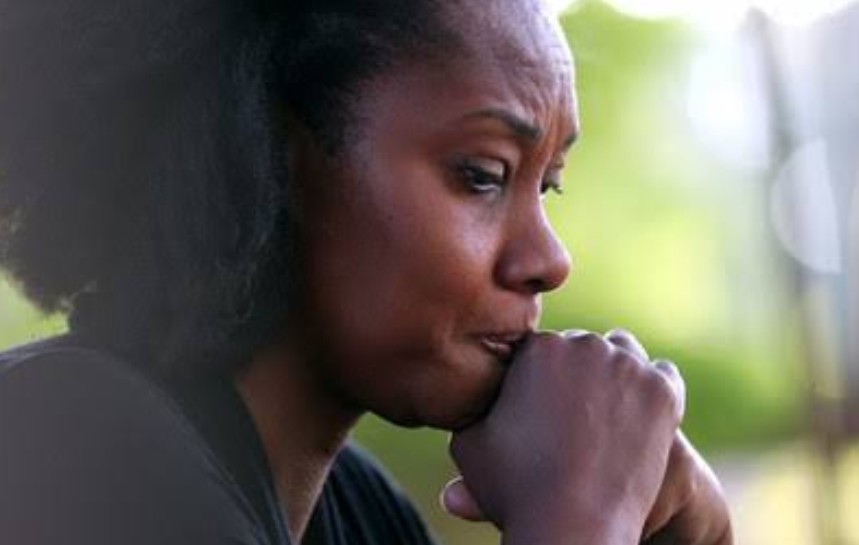“Mothers, Tell Your Children the Truth: Ruth’s Story of Identity, Deceit, and Healing”
Ruth had always believed she came from a loving and complete family. She grew up thinking that Robert, the man who raised her, was her real father.
Her childhood was full of warm memories family vacations, bedtime stories, and moments that made her feel deeply loved and secure.
But everything changed one afternoon. As Ruth prepared to leave the country to pursue her master’s degree, her aunt Doreen visited and shared a secret that would shake Ruth’s entire world.
“My child, Ruth,” her aunt said gently, “there’s something we’ve kept from you all your life. Robert is not your biological father. Your mother was already pregnant with you when she married him. Until now, no one in the family knows who your real father is.”
Ruth was stunned. She felt like the ground beneath her had collapsed. For years, she had built her identity around her family, their name, and the bond she thought was rooted in truth. Suddenly, that sense of belonging was replaced with confusion, anger, and betrayal.
The news sent Ruth into an emotional tailspin. She didn’t know how to respond how to think about the man who had raised her, or how to process the silence her mother had kept for so long.
Her feelings were conflicted: love and loyalty to Robert, mixed with pain and resentment toward her mother.
Ruth wanted answers. But despite her deep need for the truth, she found herself unable to confront her mother. The fear of losing what was left of her emotional foundation kept her silent.
“I don’t even know if I can let go of the name that has given me identity, pride, and a sense of belonging,” Ruth confessed. “What if I wake up one day and someone tells me my real surname is Mukasa, Okello, Amuriat, or Gasana?”
Her thoughts spiraled. She wondered how her life might have been different had she grown up knowing the truth. Worse still, her unresolved anger has slowly begun to shape her worldview—especially her attitude toward women and trust.
Ruth’s story is not just her own. It’s a reflection of what many children face when truths about their identity are hidden from them for too long. Her journey is a call to all parents, especially mothers, to be honest with their children no matter how painful or complicated the truth might be.
“If my mother had told me earlier, I might have had time to process it, to ask questions, to heal. But now, I feel lost and angry and I don’t even know who to be mad at.”
As Ruth continues her studies abroad, she is faced with a life-changing question: Will she confront her mother and seek the truth, or continue carrying the emotional weight of silence? Can she find peace, accept the past, and build a future on her own terms?
Her story remains open, but it serves as a powerful reminder that truth may hurt but silence wounds even deeper.
Identity is more than a name. It’s rooted in truth. Every child deserves to know where they come from and every parent has the responsibility to tell them.



